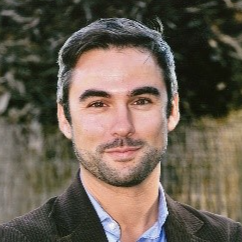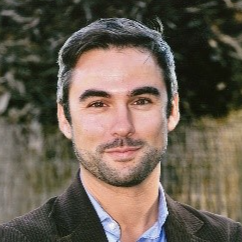
Mental Health and Harm Reduction in an Emergency Shelter: Lessons from a Low-Threshold, High-Humanistic Approach
Mental Health and Harm Reduction in an Emergency Shelter: Lessons from a Low-Threshold, High-Humanistic Approach
Pricing
Information
Recorded
-
-
Description
This session explores the intersection of mental health care and harm reduction in the context of a temporary emergency shelter for people experiencing homelessness in Lisbon, Portugal. The shelter, which serves men, women, and couples, operates under a low-threshold, high-humanity model, offering medical, psychological, and social support. The facility includes a supervised alcohol consumption room and a medication protocol supported by a multidisciplinary team of case managers, educators, nurses, a medical doctor, and a psychiatrist.
The presentation will highlight the practical and ethical challenges involved in supporting individuals with dual diagnoses (mental illness and substance use disorders) in a context of extreme social vulnerability. Emphasis will be placed on strategies to reduce risk and promote engagement without coercion, while addressing systemic barriers to care such as stigma, bureaucracy, and criminalization of substance use.
Through case examples, daily routines, and collaborative protocols, this session will offer a grounded look at what it means to care for people who often fall through the cracks of traditional mental health and addiction services. It will also reflect on the importance of culturally sensitive and trauma-informed approaches when working with marginalized populations.
Participants will gain practical insight into integrated harm reduction practices, interdisciplinary coordination, and how to adapt services to meet people “where they are” — both physically and psychologically — without sacrificing clinical standards or human dignity.
Educational Goal
Learning Objectives
Participants will be able to:
-
Identify at least three harm reduction strategies that can be implemented in mental health services for people experiencing homelessness.
-
Describe the role of interdisciplinary teams in managing mental health and substance use in emergency settings.
-
Analyze real-life case scenarios to understand how trauma-informed care influences decision-making in low-threshold environments.
-
Develop action steps to reduce access barriers for individuals with dual diagnoses in their own professional context.
Target Audience
- Addiction Professional
- Counselor
- Nurse
- Physician
- Psychologist
- Social Worker
Presenters
Financially Sponsored By
- GXC Events - The Global Exchange Conference
